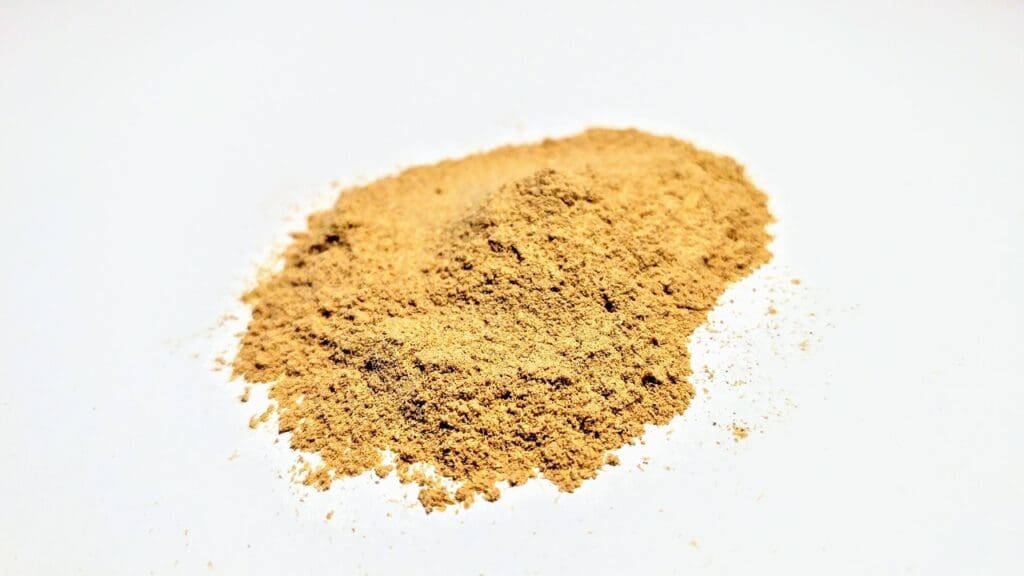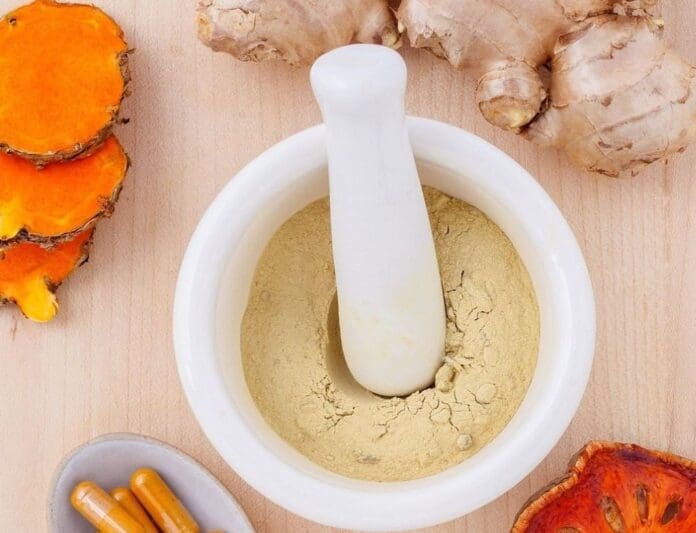Herbal supplements are products derived from plants and are used to treat or manage certain health conditions. Common examples include Black cohosh for menopausal symptoms, Chamomile for sleep, Echinacea for respiratory infections, and St. John’s wort for depression. While some herbs have shown promise in research, it’s crucial to remember that “natural” doesn’t always mean safe, and herbal supplements are not as strictly regulated as conventional medicines. However, many people consider these herbal supplements an integral part of maintaining their health.
Common Herbal Supplements for Your Health and Their Potential Uses:
Black Cohosh: May help alleviate menopausal symptoms.
Chamomile: Known for its calming and relaxing properties, often used for sleep and anxiety.
Echinacea: Traditionally used for respiratory infections and may help support the immune system.
Elderberry: Known for its antiviral, antioxidant, and anti-inflammatory properties, often used for colds and flu.
Feverfew: Used for migraine headaches and menstrual cramps.
Garlic: May help lower cholesterol and blood pressure.
Ginger: Known for its anti-nausea and anti-inflammatory properties.
Ginkgo Biloba: May improve memory and circulation and is often seen as an essential part of herbal supplements for health.
Ginseng: Used to increase energy and potentially support the immune system.
Hawthorn: May help support heart health.
Saw Palmetto: May help with prostate health.
St. John’s Wort: Used for depression and anxiety.
Turmeric: Known for its anti-inflammatory and antioxidant properties.
Valerian Root: Used for sleep and anxiety.

Important Considerations When Using Common Herbal Supplements for Your Health:
Not Regulated by the FDA:
Firstly herbal supplements are not as strictly regulated as conventional medicines, meaning there can be variations in quality and potency. Therefore, always consider safety when choosing herbal supplements for your health.
Potential Interactions:
They can interact with medications and other supplements, so it’s crucial to consult with a healthcare professional before taking them.
Individual Responses:
Also not everyone responds to herbal supplements the same way, and some people may experience side effects or adverse reactions. Thus, when considering them for your health, individual reactions must be taken into account.
Consult Your Doctor:
Before starting any new herbal supplement regimen, it’s essential to talk to your doctor or a qualified healthcare provider. They can help you determine if the supplement is safe and appropriate for you, and they can also monitor for any potential interactions or side effects as you explore them for improving your health.

